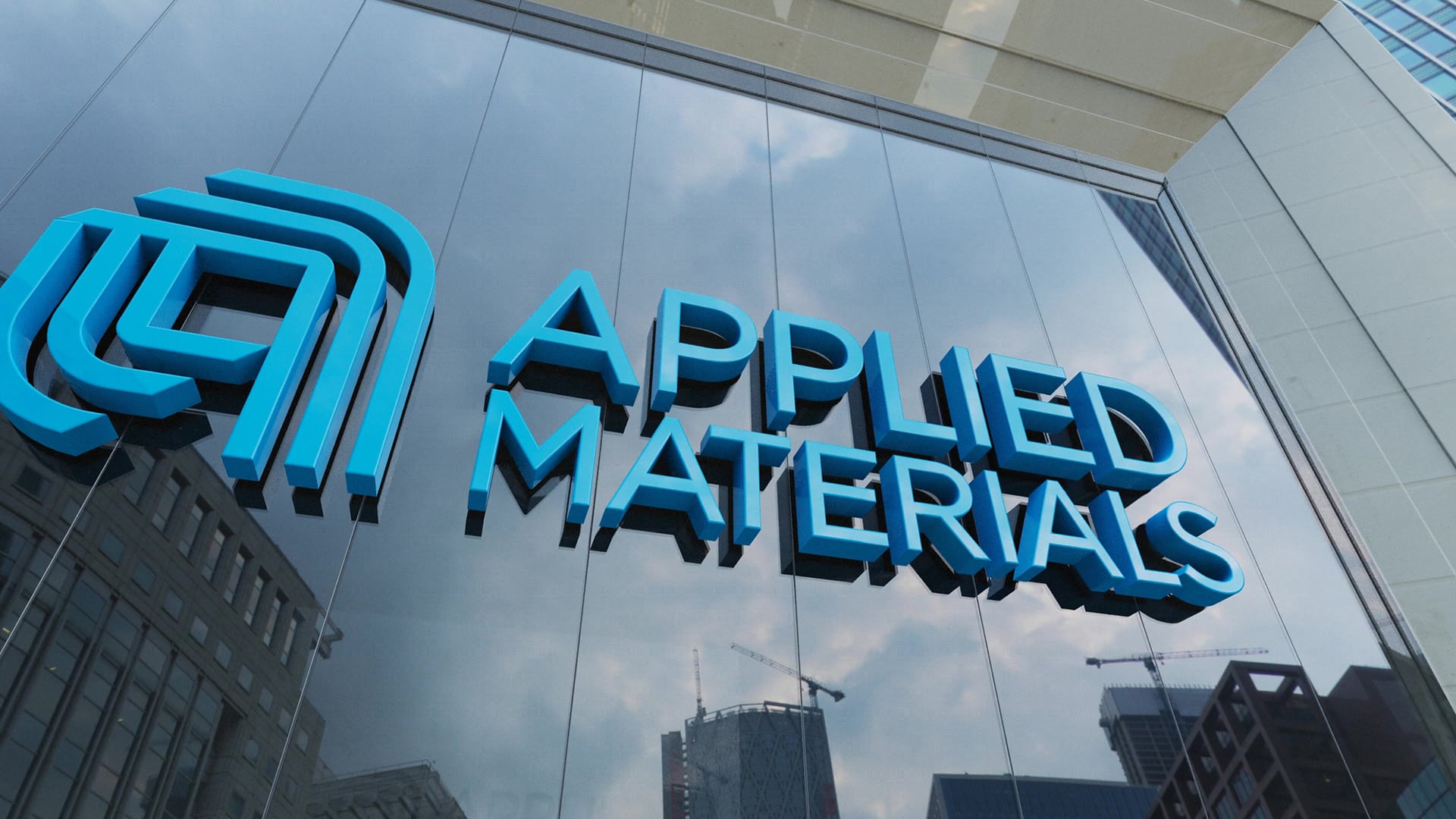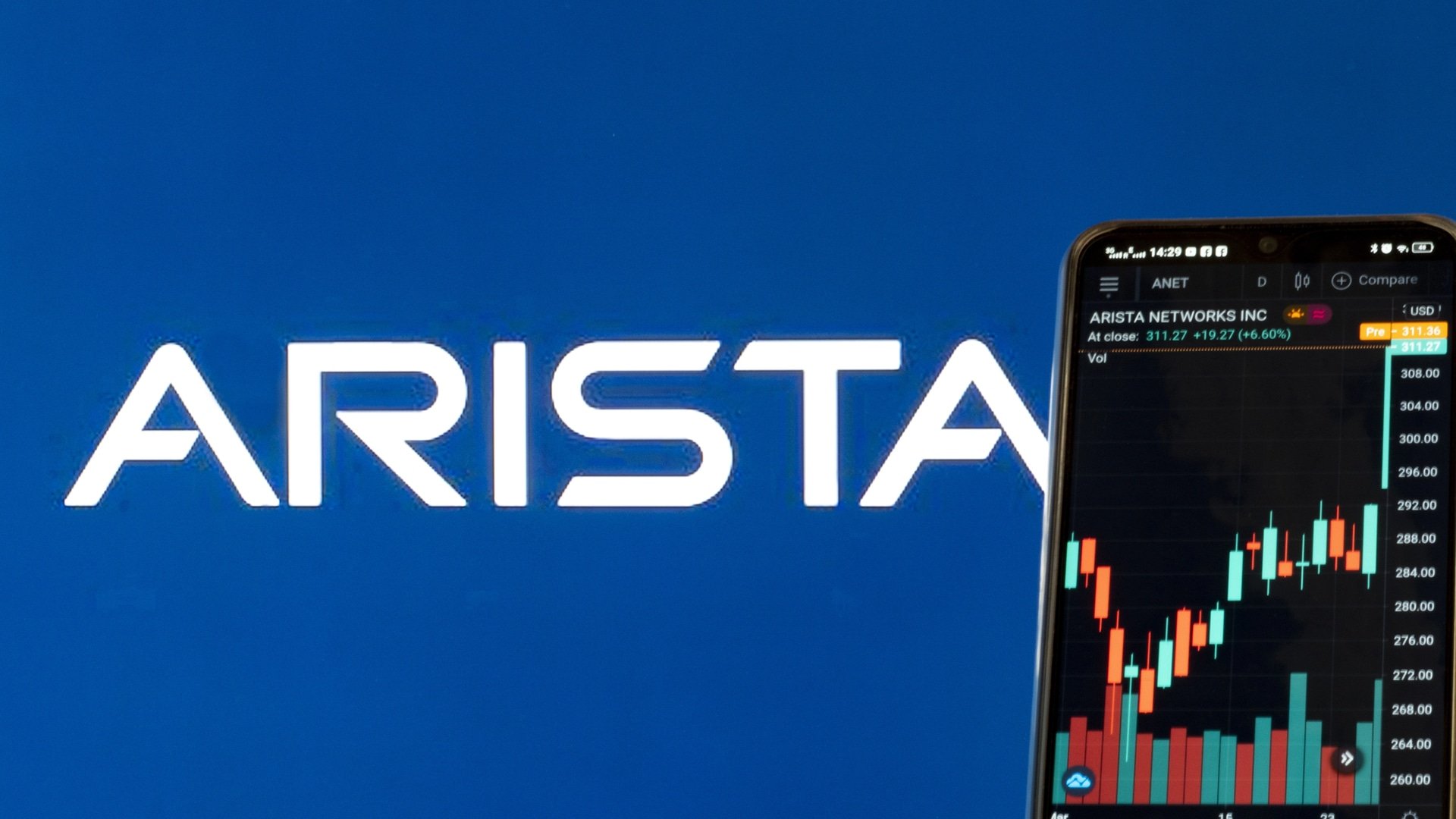SAN JOSE, Dec. 7, 2021 /PRNewswire/ — Rocketlane, the collaborative customer onboarding company, today released “The State of Customer Onboarding,” a report revealing challenges, future trends and goals based on a survey of customer onboarding professionals from companies, including Microsoft, Intuit and Pendo. The report shows the top reasons for customer escalations during onboarding and implementation, challenges in the onboarding process, such as the reliance on multiple tools, and difficulties with creating optimal customer experience. The report also highlights the reasons behind the various challenges and offers best practices to make onboarding seamless.
“Customer onboarding is the first major engagement after a sale is closed. The experience delivered during the onboarding journey influences future engagements, upsells and cross-sells, and key SaaS metrics, including NRR and churn. But today it is marred with inefficiency and inconsistency. The survey brings these issues to the surface and highlights where SaaS customer onboarding needs improvement,” said Rocketlane CEO Srikrishnan Ganesan.
Key takeaways from the report include: 56% of onboarding and implementation professionals feel there’s inadequate visibility into the work of each project, 54% rate the customer experience they provide as average, and around 60% use at least four different tools for their customer-facing projects.
“The report uncovers the daily struggles of customer onboarding and implementation teams. A lot can be attributed to generic project management tools, which by nature aren’t built for customer-facing projects. Leaders now have strong data points to prioritize process optimization and formulate strategies to create a 5-star experience for customers and their teams,” adds Srikrishnan.
Other significant findings:
- Customer onboarding seems to be riddled with inefficient processes. The usage of multiple tools, manually soliciting feedback from customers, and dependence on the project manager for status updates are some of the inefficiencies that are apparent from the survey.
- Holding customers accountable for the parts of the onboarding process that are dependent on them is a challenge for onboarding and implementation teams.
- Considerable time (5-10 hours a week) is spent by onboarding teams manually sending follow-ups and reminders to their customers. Their top distraction is tracking work across tools.
- 56.1% of the respondents stated that improving customer experience during onboarding was their top goal for 2022. This indicates that companies are recognizing the importance of delivering an impressive and professional experience early on in the customer journey.
About Rocketlane
Rocketlane, with its purpose-built customer onboarding platform, enables businesses to accelerate the time-to-value of their products, achieve faster go-lives, increase renewals and boost customer satisfaction. Rocketlane brings the focus back to the customer in customer onboarding through a fully collaborative experience. The platform replaces general project management, communication and document collaboration tools with a unique, unified workspace that improves communication, collaboration, and project visibility for teams and their customers. With insights from trends and benchmarks across projects, teams can develop and optimize playbooks and best practices with continuous improvement. For more information, visit www.rocketlane.com.
Press Contact:
Kira Wojack
[email protected]
(415) 419-4062
Author Information
As a detail-oriented researcher, Sherril is expert at discovering, gathering and compiling industry and market data to create clear, actionable market and competitive intelligence. With deep experience in market analysis and segmentation she is a consummate collaborator with strong communication skills adept at supporting and forming relationships with cross-functional teams in all levels of organizations.
Sherril holds a Master of Business Administration in Marketing from University of Colorado, Boulder and a Bachelor of Arts in Psychology from Rutgers University.







